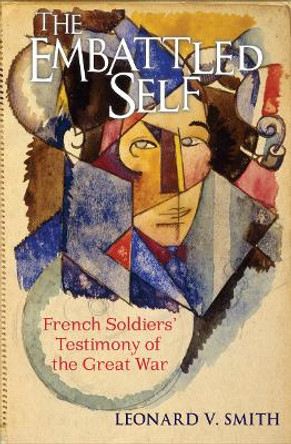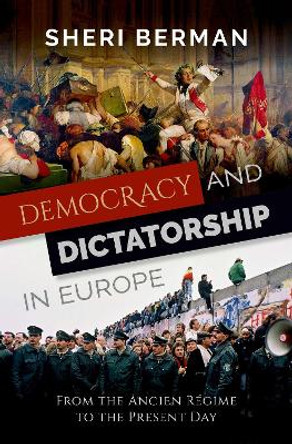France had the second largest empire in the world after Britain, but one with very different origins and purposes. Over more than four centuries, the French empire explained itself in many different ways through many different colonial regimes. Beginning in the early modern period, a vast mercantile empire based on furs and fish in the New World and sugar cultivated by the enslaved in the Caribbean rose and fell. At intervals thereafter, the French seemed to have an empire simply as an attribute of a Great Power, generally in competition with Britain. Relatively few French people ever moved to the empire, even to the settler colony of Algeria. Under the Third Republic, the French construed a "civilizing mission" melding selectively applied principles of democracy and colonial capitalism. Two world wars and two anticolonial wars broke French imperial power as it had previously existed, yet numberless traces of the French empire lived on, both in the former colonies and in today's French Republic. This narrative history recounts the unique course of the French empire, questioning how it made sense to the people who ruled it, lived under it, and fought against it.
Recounts the unique course of the French empire over more than four centuries, and through many different colonial regimes.About the AuthorLeonard V. Smith is the Frederick B. Artz Professor of History at Oberlin College, Ohio. He has written four previous books, most recently Sovereignty at the Paris Peace Conference of 1919 (2018).
Book InformationISBN 9781108799157
Author Leonard V. SmithFormat Paperback
Page Count 250
Imprint Cambridge University PressPublisher Cambridge University Press
Weight(grams) 367g
Dimensions(mm) 229mm * 152mm * 13mm









